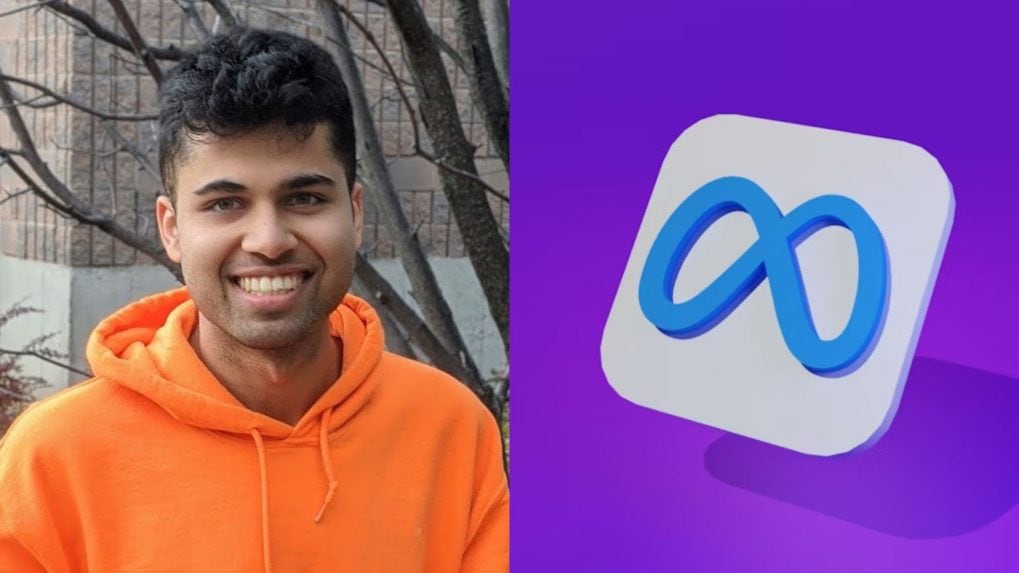How it Works
WPP, Havas, Omnicom: Are advertising’s biggest holdcos recasting agencies as AI Operating Systems?

Indian AI researcher Rishabh Agarwal, one of the star hires at Meta's ambitious SuperIntelligence Labs, has announced his exit just five months after joining the project.
Agarwal, revealed his decision in a post on X on August 25, calling it a "tough decision" to leave despite the strong "talent and compute density" at Meta.
Also Read: Mark Zuckerberg's AI push leads to fourth internal overhaul for Meta's Superintelligence Labs
"This is my last week at @AlatMeta. It was a tough decision not to continue with the new SuperIntelligence TBD lab. But after 7.5 years across Google Brain, DeepMind, and Meta, I felt the pull to take on a different kind of risk," he wrote.
Acknowledging the "compelling pitch" from Meta CEO Mark Zuckerberg and Scale AI founder Alexandr Wang to join the elite SuperIntelligence team, Agarwal added that he chose to follow Zuckerberg's own advice: "In a world that’s changing so fast, the biggest risk you can take is not taking any risk."
During his short stint, Agarwal said his team managed to "push the frontier on post-training for 'thinking' models," signalling key advancements in AI model reasoning and reinforcement learning.
Who is Rishabh Agarwal?
An alumnus of IIT Bombay, where he pursued Computer Science and Engineering, Agarwal's early academic work included research on approximating evaluation functions in Scrabble. He went on to complete a PhD in Artificial Intelligence at Mila - Quebec Artificial Intelligence Institute in Canada.
His professional journey began with internships at Saavn (search and algorithms) and Tower Research Capital (algorithmic trading).
He later joined Google Brain in 2018 as a Senior Research Scientist, where he worked extensively on deep reinforcement learning (Deep RL). After five years at Google Brain, Agarwal transitioned to Google DeepMind, focusing on large language models (LLMs), reinforcement learning, and self-improving AI.
In April 2025, Meta hired Agarwal with a reported salary package of $1 million, making him one of the high-profile hires in Zuckerberg’s AI talent war against Google and OpenAI.
From purpose-driven work and narrative-rich brand films to AI-enabled ideas and creator-led collaborations, the awards reflect the full spectrum of modern creativity.
Read MoreThe Storyboard18 Awards for Creativity have unveiled a Grand Jury comprising some of India’s most influential leaders across advertising, business, policy and culture, positioning it among the country’s most prestigious creative award platforms.